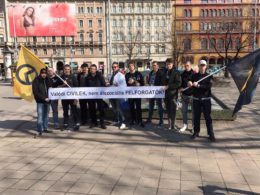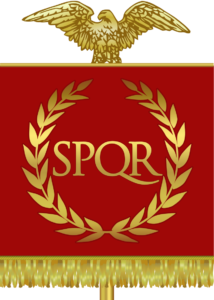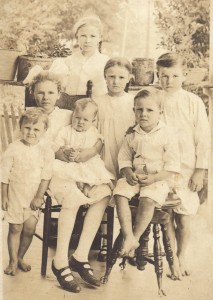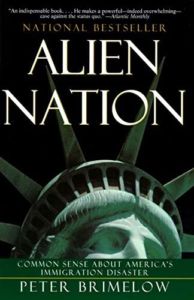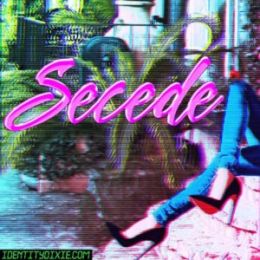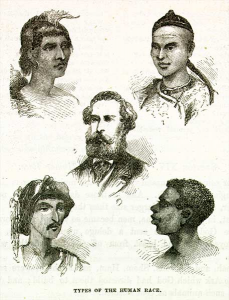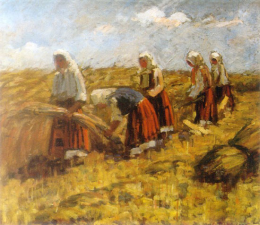
Photo courtesy of Liz Castro on Flickr.

Photo courtesy of Liz Castro on Flickr.
2,106 words
Part 1 of 2 (Part 2 here)
How much does White Nationalism have in common with other, more local nationalisms? Is it possible to use popular independence movements for our purposes? Is it possible to use, either in their place or additionally, the petty nationalisms of the current states for our purposes? (more…)


